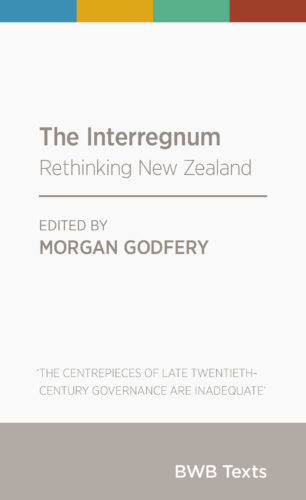
Most people visit their doctor under the impression that medicine is a singular, monolithic discipline and that all doctors learn and practice the same things at medical school. This is a similar level of trust to what was once given to priests, who doctors have now replaced. As with priests, this is a level of trust that is no longer justified, because an ever-increasing number of doctors have rejected real medicine in favour of a corporate imitation of it.
The purpose of real medicine is described in the Hippocratic Oath. In this oath the physician vows that “I will abstain from all intentional wrong-doing and harm.”
Corporate medicine is different. The purpose of corporate medicine is to make money, usually as a direct consequence of the fact that sick people are also very anxious and anxious people can be easily parted with their money, as long as you can convincingly reassure them.
The logic of profit maximisation leads to a number of negative outcomes for the patient.
For example, consider the following moral dilemma. A doctor is treating a patient who is suffering from a disease that can be easily cured by two medicines. Medicine A has a 95% efficacy and generates $100 in profit. Medicine B has a 90% efficacy but generates $200 in profit. Which is prescribed?
In real medicine, Medicine A would be prescribed all the time, but this is not always the case in our societies, and sometimes it is never the case. If Medicine B generates more profits, then there is always an incentive for the doctor writing the prescription to let the balance of their judgement fall in favour of Medicine B.
Sound implausible? A 2016 study by ProPublica showed that pharmaceutical companies only have to buy American doctors a few meals to have a significantly higher chance of getting their brand of pharmaceutical prescribed, and those doctors being paid $5,000 or more are the most likely of all to do so.
In real medicine, a substance is medicinal if it alleviates the suffering of the patient. In corporate medicine, a substance is medicinal if it creates a profit for the shareholders of the manufacturer of that medicine.
So in the case of cannabis, because no profit can be made from the substance there are no pharmaceutical company representatives who are telling doctors about how useful cannabis products are, and so these doctors (who show little interest in keeping up with new research after they have graduated) don’t know anything about them, and engage in no mechanism that might inform them.
Doctors who practice corporate medicine are never pleased to hear that their patients have given up drinking alcohol or smoking tobacco for the sake of using cannabis. Alcohol and tobacco not only produce massive profits for corporations and therefore the potential for kickbacks to doctors (unlike cannabis) but they also make people sick, which means that they can be sold other medicines. Cannabis, by contrast, cannot be profited from.
The easiest way to tell if your doctor is acting to alleviate your suffering or simply to make money off it is to ask them about the medicinal value of cannabis. Because cannabis can easily be grown at home, there is no real way for doctors to make money off it. Therefore, a doctor practicing corporate medicine will play down the positive effects of cannabis, even going as far as to deny that there are any, and they will play up the negative sides.
Of course, cannabis might not be any good for your condition but from listening to the doctor’s answer to your question you will be able to determine if they have kept up with new information in the medicinal field.



